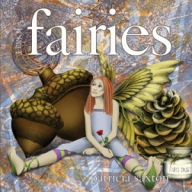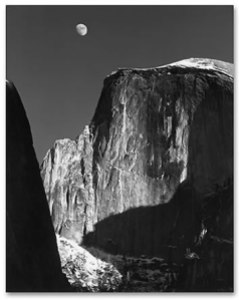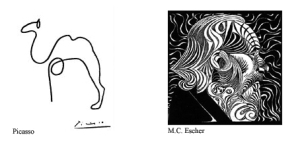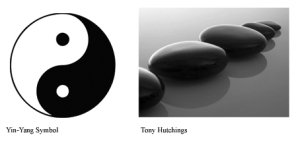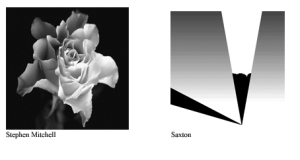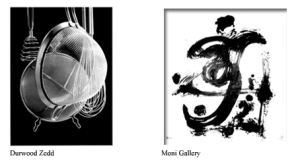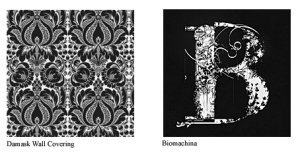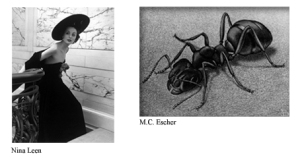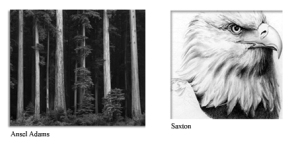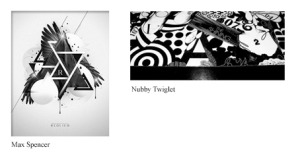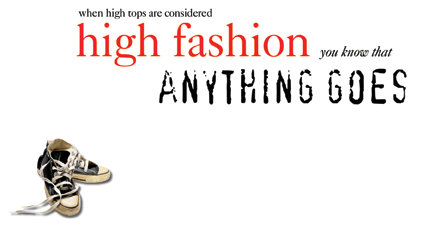Stars & Stripes
Happy Birthday USA!
In May 1776, Betsy Ross sewed the first American flag. A year later in 1777, the Continental Congress passed the first Flag Act, establishing an official flag for the new nation:
“Resolved, That the flag of the United States be made of thirteen stripes, alternate red and white; that the union be thirteen stars, white in a blue field, representing a new Constellation.”
However, between 1777 and 1960, Congress passed several acts that changed the shape, design and arrangement of the flag and allowed for additional stars and stripes to reflect each new state. This broad span of time without specific guidelines resulted in many design interpretations – which in a sense also reflects the deeply rooted sense of freedom so cherished by Americans. The expressions were rich and proud, eventually evolving into the flag we pledge allegiance to today.
Carrying that theme of evolvement forward, in 1986 I discovered a beautiful book by Kit Hinrichs, called “Stars and Stripes” – a compilation of exceptionally creative American Flag images created by some of the finest graphic artists of modern time. I found it absolutely delightful, and a great tribute to the creativity and talent that abounds amongst us – and the creative freedom we’re able to enjoy in this great land of the free and home of the brave.
Below are just 13 samples of the many ingenious designs from that book honoring our American flag. Enjoy!
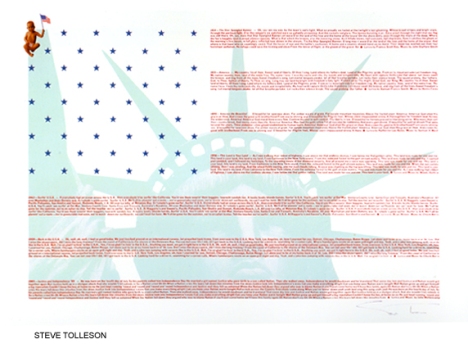
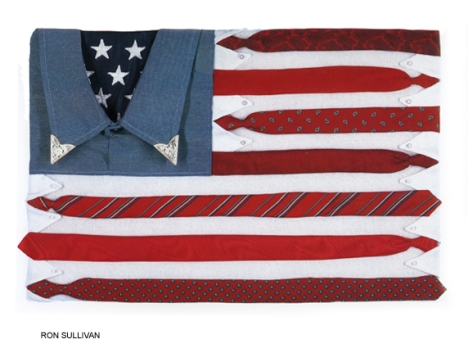
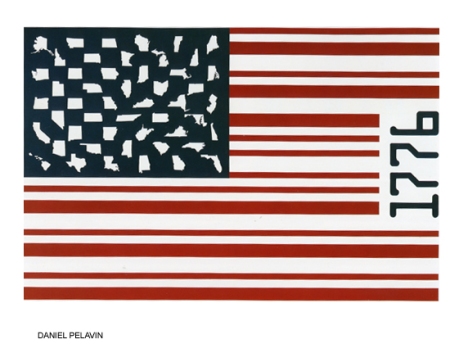
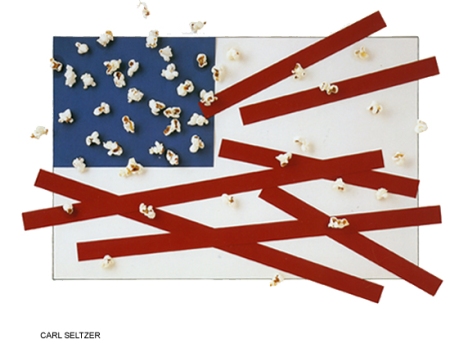
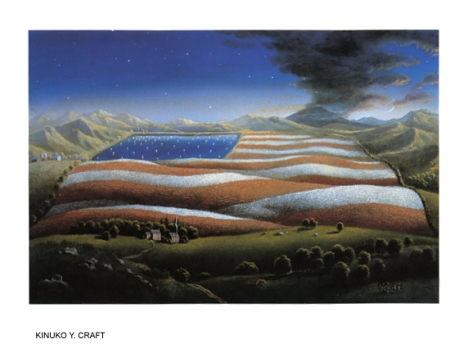
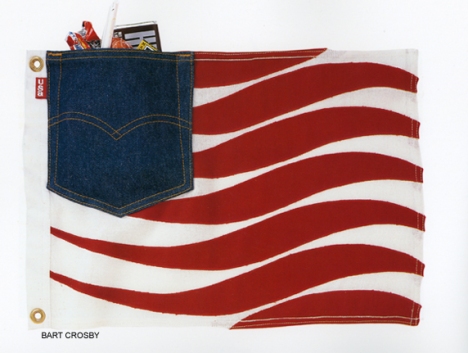
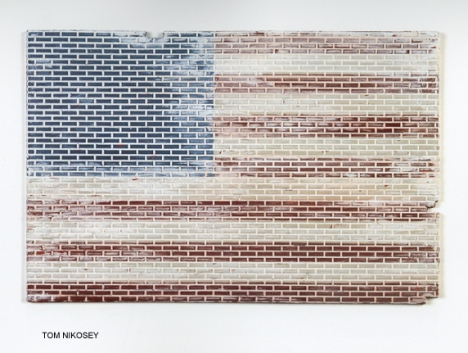
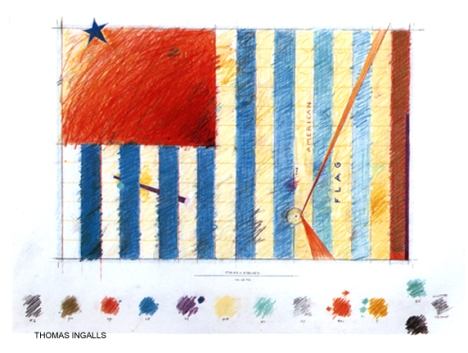
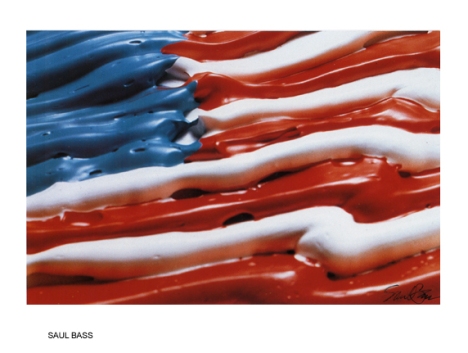
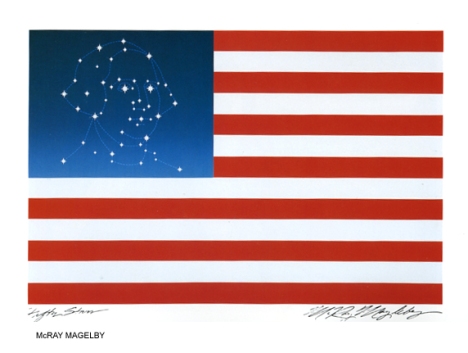
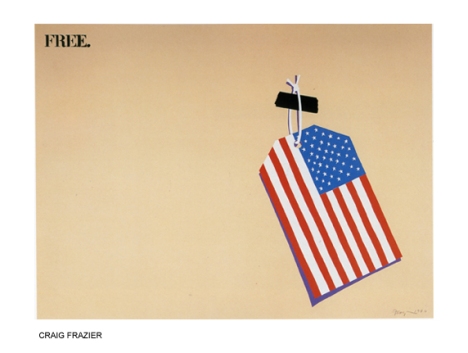
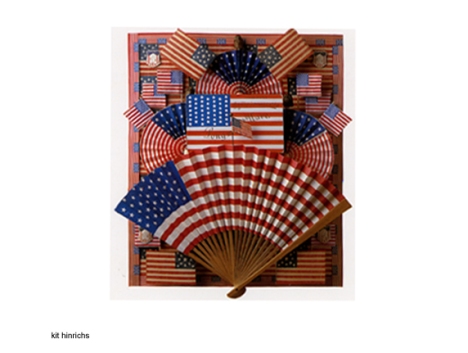
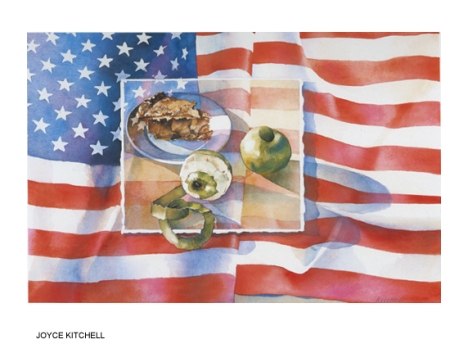 all images copyright of creator
all images copyright of creator




